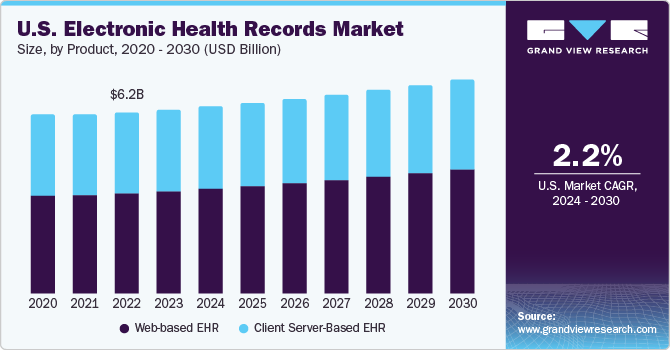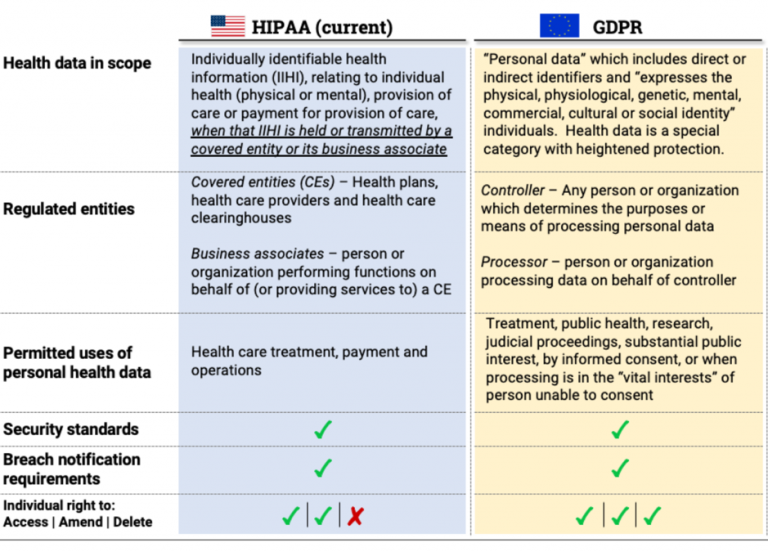
Join us in revolutionizing healthcare administration. Explore how Tensor’s AI solutions can help your organization overcome the administrative burden and unlock the full potential of your healthcare team. Contact us today to learn more.
In the rapidly evolving landscape of healthcare, data has emerged as a critical driver of transformation. As healthcare organizations grapple with the challenges of rising costs, increasing patient expectations, and the need for improved outcomes, the effective utilization of data has become a key strategic priority. This article explores the pivotal role that data plays in revolutionizing healthcare administration, highlighting the opportunities and challenges that lie ahead.
The healthcare industry generates an astounding amount of data every day. From electronic health records (EHRs) and medical imaging to wearable devices and patient surveys, the volume and variety of healthcare data continue to expand at an unprecedented rate. According to a report by IDC, the global healthcare data volume is expected to reach 2,314 exabytes by 2020, growing at a compound annual growth rate of 48% from 2013 to 2020 (Reinsel, Gantz, & Rydning, 2018).

This data deluge presents both challenges and opportunities for healthcare organizations. On one hand, the sheer volume and complexity of data can be overwhelming, requiring significant investments in storage, processing, and analysis capabilities. On the other hand, this wealth of data holds the potential to unlock valuable insights that can transform healthcare administration, from improving operational efficiency to enhancing patient outcomes.
To capitalize on the potential of healthcare data, organizations must develop robust data analytics capabilities. By leveraging advanced analytics techniques such as machine learning, natural language processing, and predictive modeling, healthcare administrators can extract meaningful insights from vast amounts of structured and unstructured data.
One area where data analytics is making a significant impact is in the realm of population health management. By analyzing patient data across various sources, healthcare organizations can identify high-risk individuals, predict potential health issues, and develop targeted interventions to improve outcomes and reduce costs. For example, a study by the University of Pennsylvania Health System found that using predictive analytics to identify patients at risk of readmission reduced 30-day readmission rates by 25% and generated annual savings of $1.5 million (Amarasingham et al., 2013).
Data analytics is also transforming the way healthcare organizations approach operational efficiency. By analyzing data on patient flows, resource utilization, and staff productivity, administrators can identify bottlenecks, optimize processes, and make data-driven decisions to improve overall performance. For instance, the University of Pittsburgh Medical Center (UPMC) used data analytics to streamline its operating room scheduling, resulting in a 30% increase in operating room utilization and a $5 million reduction in annual costs (UPMC, 2017).
While the potential benefits of data-driven healthcare administration are immense, several challenges must be addressed to fully realize this potential. One of the primary challenges is data quality and standardization. Healthcare data often resides in disparate systems and formats, making it difficult to integrate and analyze effectively. To overcome this challenge, healthcare organizations must invest in data governance frameworks and standardization initiatives that ensure data consistency, accuracy, and interoperability.
Another significant challenge is data privacy and security. Healthcare data is highly sensitive and subject to stringent regulations such as HIPAA and GDPR. As healthcare organizations increasingly rely on data analytics, they must implement robust security measures to protect patient privacy and prevent data breaches. This includes employing advanced encryption techniques, access controls, and regular security audits to ensure compliance with regulatory requirements.

As healthcare organizations continue to embrace data-driven approaches, the future of healthcare administration looks increasingly promising. The integration of artificial intelligence (AI) and machine learning technologies will further enhance the power of data analytics, enabling real-time decision-making and personalized interventions. For example, AI-powered chatbots can assist patients with routine inquiries, freeing up administrative staff to focus on more complex tasks.
The role of data in transforming healthcare administration cannot be overstated. As healthcare organizations navigate the challenges of rising costs and increasing patient expectations, leveraging the power of data analytics has become a strategic imperative. By harnessing the insights hidden within vast amounts of healthcare data, administrators can drive operational efficiency, improve patient outcomes, and ultimately, reshape the future of healthcare delivery.
However, realizing the full potential of data-driven healthcare administration requires a concerted effort to address data quality, privacy, and security challenges. Healthcare organizations must invest in robust data governance frameworks, advanced analytics capabilities, and secure data sharing infrastructures to unlock the transformative power of data.
As we move forward, the successful integration of data analytics into healthcare administration will be a defining factor in the industry’s ability to meet the evolving needs of patients and society as a whole. By embracing the role of data as a catalyst for change, healthcare organizations can lead the way in creating a more efficient, effective, and patient-centric healthcare system.
Join us in revolutionizing healthcare administration. Explore how Tensor’s AI solutions can help your organization overcome the administrative burden and unlock the full potential of your healthcare team. Contact us today to learn more.
Offload your expensive, time-consuming calls to the Tensor AI.